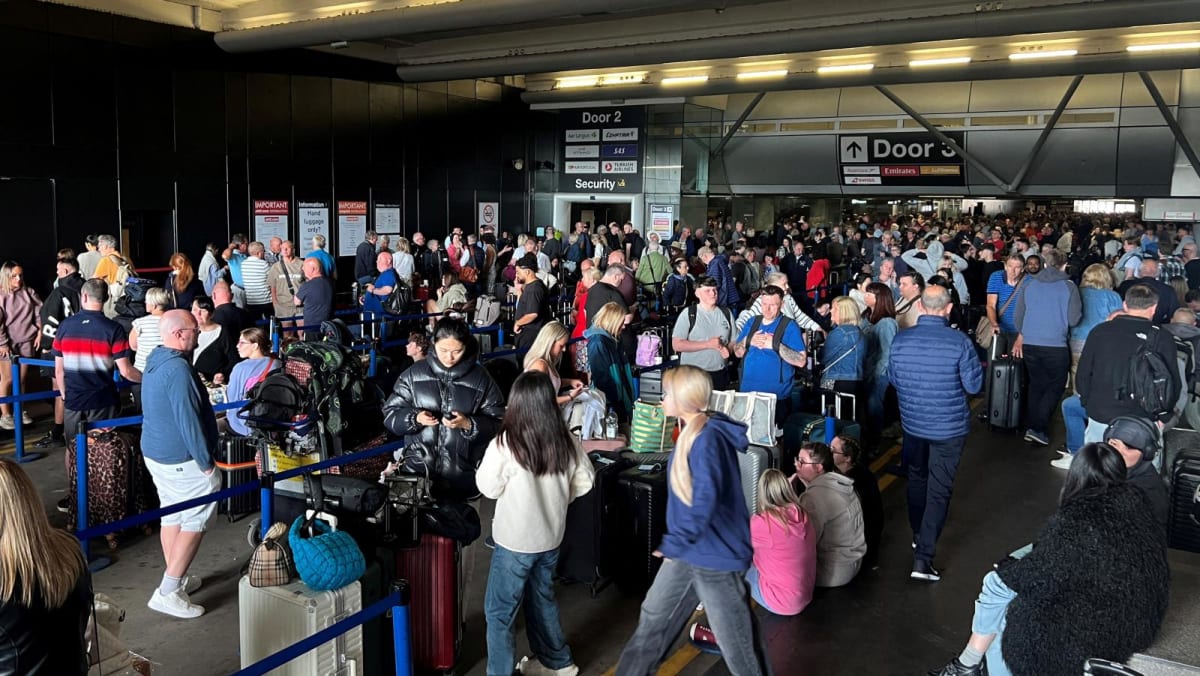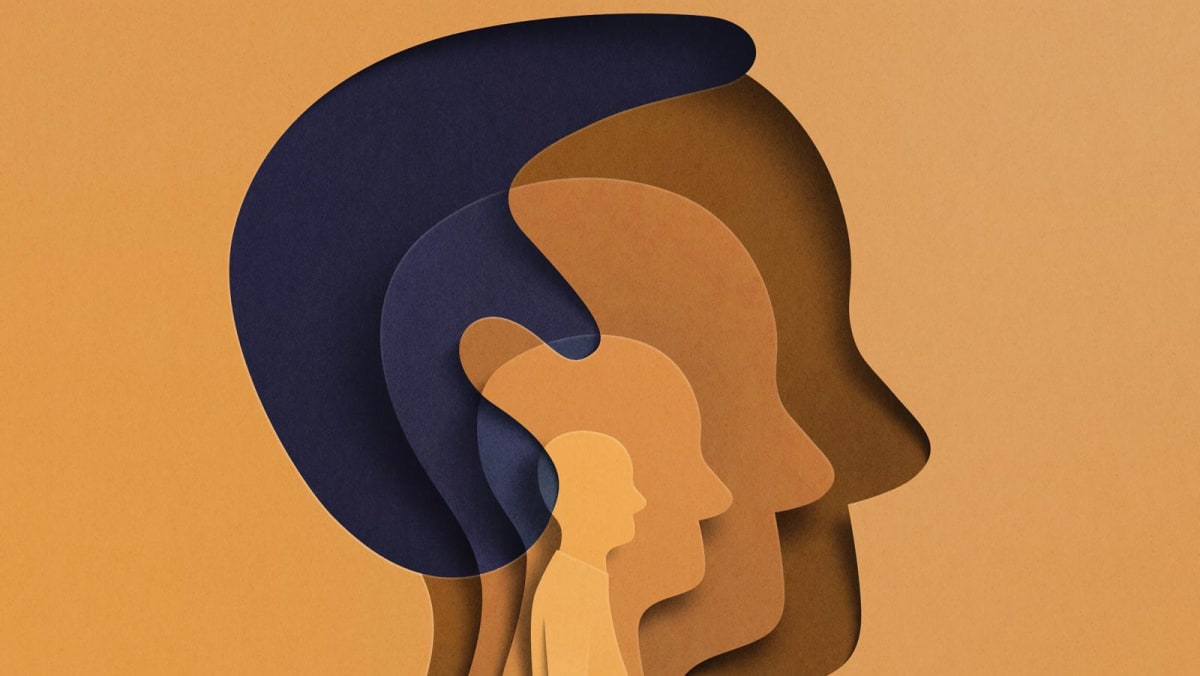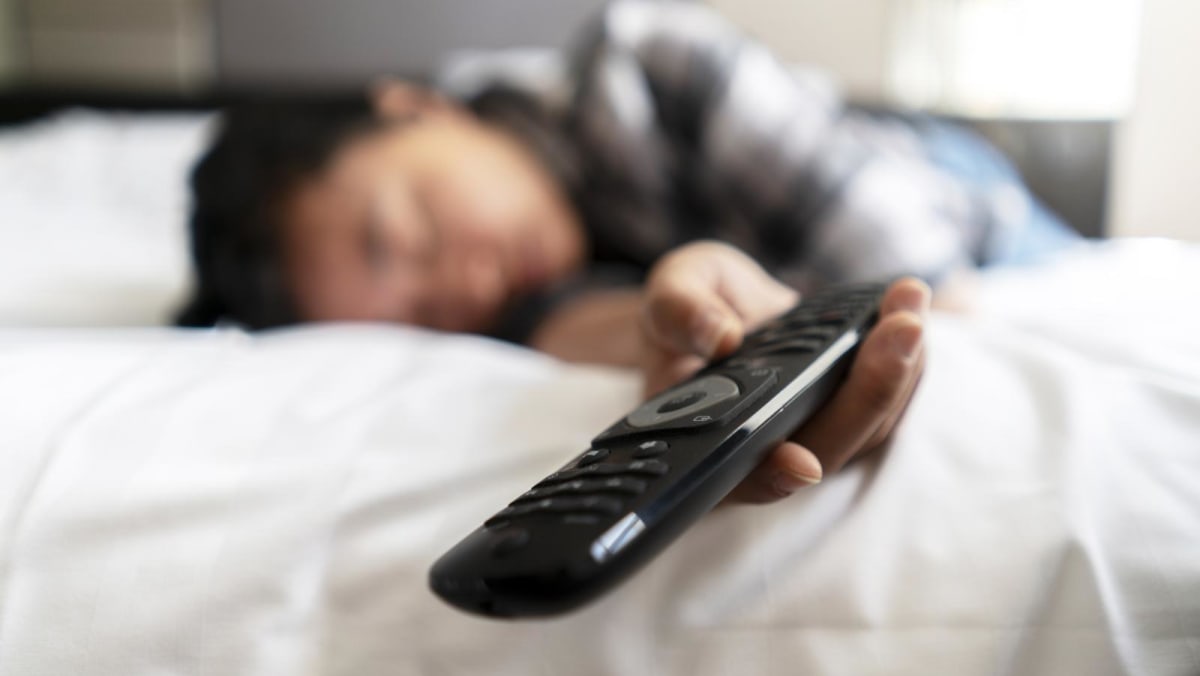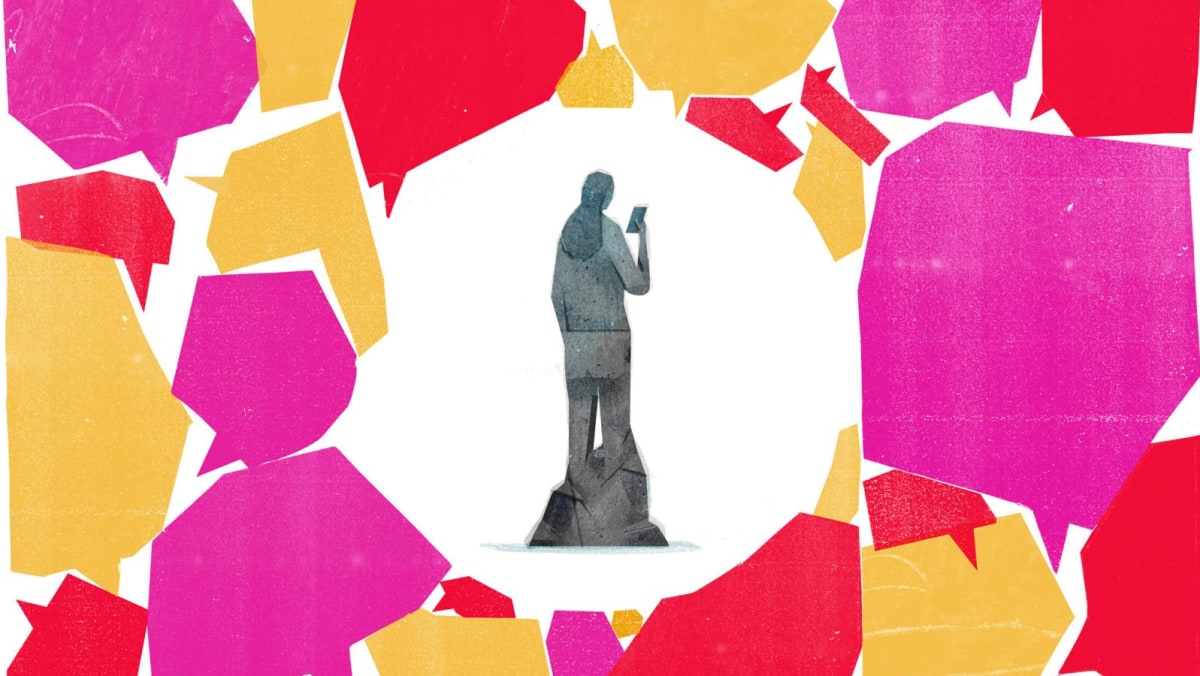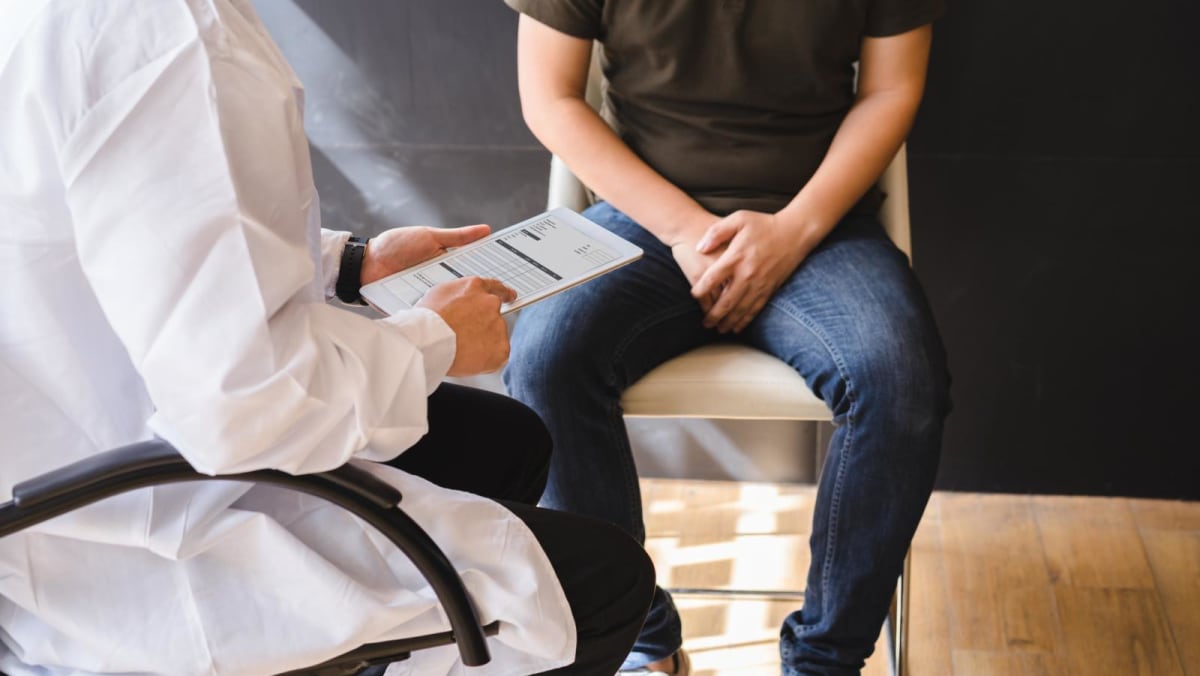It’s not only prediabetes and Type 2 diabetes that you have to worry about. “Regular glucose spikes are usually followed by sugar crashes that can cause sudden hunger pangs, cravings, poor sleep, poor concentration and tiredness,” said Reutens. “Over time, these symptoms result in poor food choices that can lead to an increased risk of some cancers, PCOS and infertility, and liver problems.”
Wong cautioned that “long-term blood glucose spikes can cause blood vessels to harden and narrow, which can lead to a heart attack or stroke”.
SHOULD WE BE MONITORING OUR GLUCOSE LEVELS IF WE’RE NOT DIABETIC?
No one looks forward to the low energy level, irritability, maybe even a headache or dizziness that accompany a post-meal sugar crash. And you could be wondering: Should I monitor my blood sugar levels, especially when there’s a family history of diabetes?
“Closely monitoring one’s own blood glucose levels after a meal is a double-edged sword,” said Dr Tan. The upside is, you may start to seek out the right advice to choose healthier foods or reinforce your resolve to keep to an already-healthy diet. “Additionally, in people with undiagnosed prediabetes or diabetes, it could lead to earlier diagnosis,” he said.
However, the downside could be a false sense of complacency, said Dr Tan. If you don’t have diabetes and don’t see a big jump in your blood sugar levels, you may think it is okay to continue eating the way you do. “Another downside could be increased anxiety or an unhealthy obsession with repeatedly checking blood sugar levels when the person is otherwise healthy,” he said.
If you have questions about your blood sugar levels, see your doctor for advice and further action.
